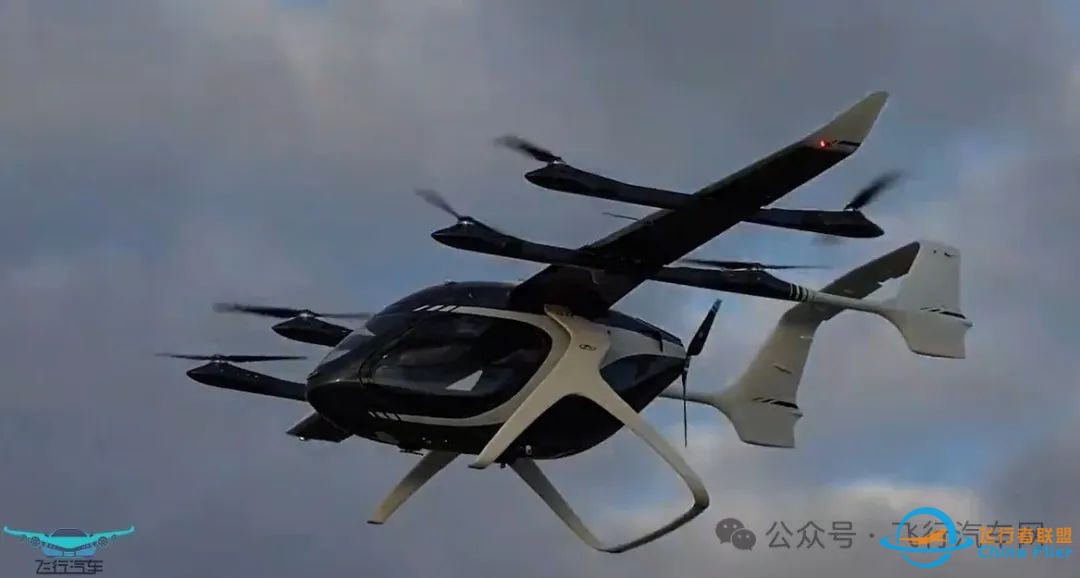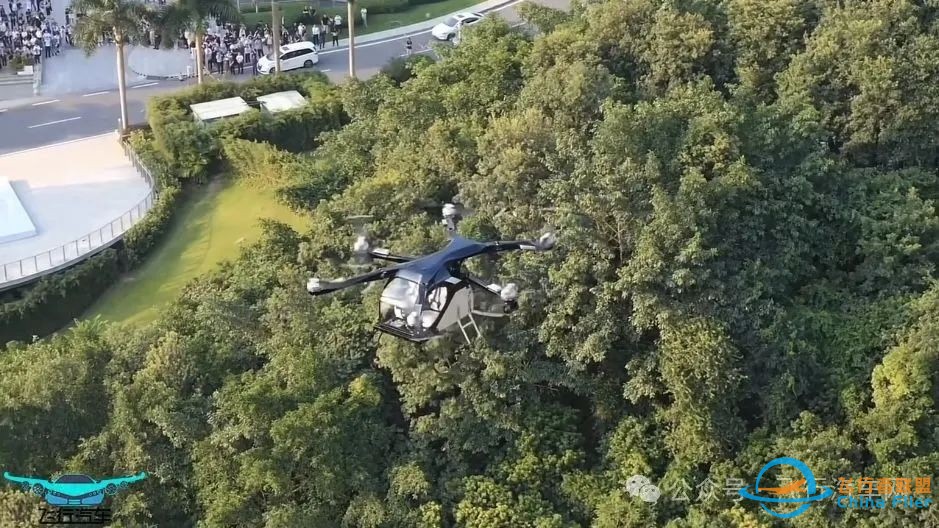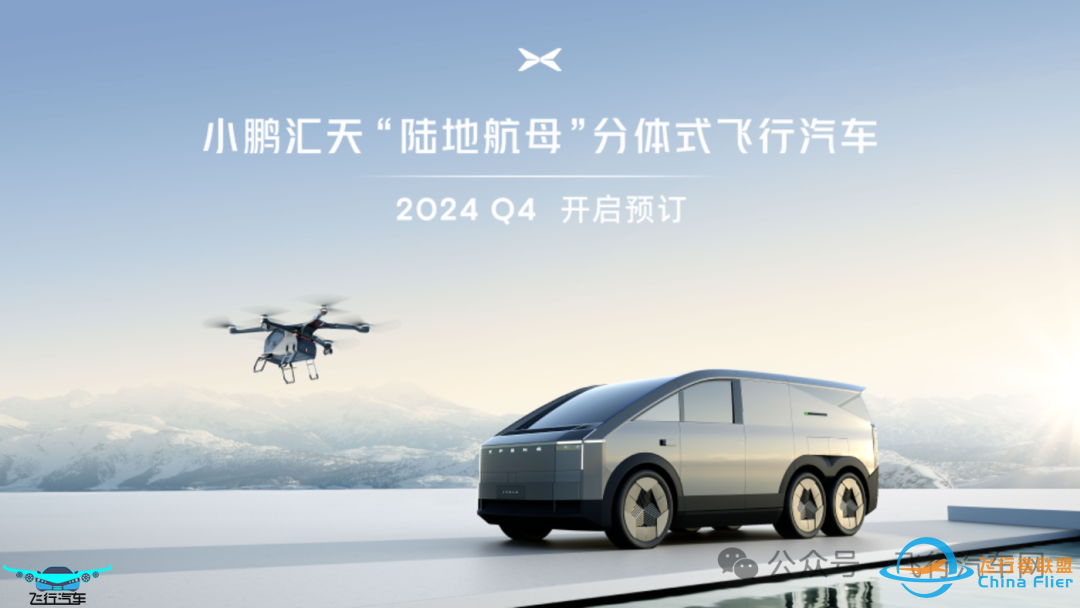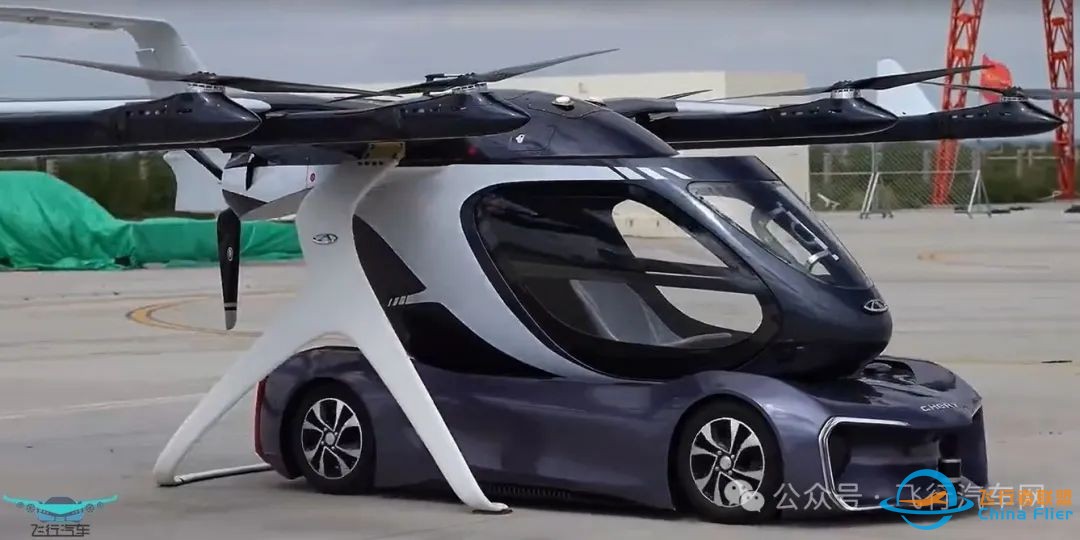|
|
摘要:飞行汽车的试飞成功标志着人类交通领域的一次重大飞跃,然而,这仅仅是万里长征的第一步。为了确保飞行汽车能够真正走进大众生活,还需要在技术、法规与监管、基础设施以及社会与市场等多个层面解决一系列关键问题。
Abstract: The successful test flight of flying cars marks a major leap in the field of human transportation, but it is only the first step of the Long March. In order to ensure that flying cars can truly enter public life, a series of key issues need to be addressed at multiple levels, including technology, regulations and supervision, infrastructure, and society and market.

一、技术层面的挑战
1.动力与能源系统:续航能力是飞行汽车普及的关键。当前,飞行汽车的飞行时间和续航里程相对有限,这严重制约了其日常使用。因此,研发更高能量密度的电池或新型能源动力系统成为当务之急。例如,固态电池等前沿技术的突破,有望为飞行汽车带来续航能力的显著提升。同时,优化能源转换效率,减少能源损耗,也是降低飞行成本、提升环保性能的重要途径。
2.飞行控制系统:飞行汽车的操控性能和稳定性直接关系到乘客的安全。在空中飞行时,飞行汽车需要应对复杂的气流和风向等环境因素,这就要求其飞行控制系统具备高度精准和稳定的性能。通过优化算法和传感器技术,实时监测飞行状态并进行精确调整,是提升飞行控制系统性能的关键。此外,故障冗余和安全备份机制也是保障飞行安全的重要一环。
3.结构与材料:轻量化设计和结构强度与耐久性是飞行汽车结构设计的两大核心要求。采用高强度、轻量化的材料,如碳纤维复合材料等,可以在保证结构强度和安全性的前提下,实现飞行汽车的轻量化目标。同时,通过严格的结构测试和验证,确保飞行汽车能够经受住长期使用和各种复杂工况的考验。
一、 Technical challenges
1. Power and energy system: Range capability is the key to the popularity of flying cars. Currently, the flight time and range of flying cars are relatively limited, which seriously restricts their daily use. Therefore, developing batteries or new energy power systems with higher energy density has become an urgent task. For example, breakthroughs in cutting-edge technologies such as solid-state batteries are expected to significantly enhance the endurance of flying cars. Meanwhile, optimizing energy conversion efficiency and reducing energy losses are also important ways to reduce flight costs and improve environmental performance.
2. Flight control system: The handling performance and stability of flying cars are directly related to the safety of passengers. When flying in the air, flying cars need to deal with complex environmental factors such as airflow and wind direction, which requires their flight control system to have highly accurate and stable performance. Optimizing algorithms and sensor technology to monitor flight status in real-time and make precise adjustments is key to improving the performance of flight control systems. In addition, fault redundancy and safety backup mechanisms are also important components in ensuring flight safety.
3. Structure and Materials: Lightweight design and structural strength and durability are the two core requirements for the structural design of flying cars. The use of high-strength and lightweight materials, such as carbon fiber composite materials, can achieve the lightweight goal of flying cars while ensuring structural strength and safety. At the same time, strict structural testing and verification are carried out to ensure that the flying car can withstand long-term use and various complex working conditions.

二、法规与监管层面的挑战
1.适航认证:飞行汽车作为一种新型交通工具,其适航认证标准仍在不断探索和完善中。制定严格的标准和规范,建立相应的认证体系,是确保飞行汽车安全合法投入使用的关键。
2.空域管理:飞行汽车的飞行需要占用一定的空域,与现有航空交通管理体系的协调和融合至关重要。制定合理的空域划分和飞行规则,建立高效的空中交通管理系统,是确保飞行汽车飞行安全和有序的重要保障。
3.交通法规:飞行汽车在不同场景下需要遵循不同的交通法规。制定专门针对飞行汽车的交通法规,明确其行驶规则、责任划分等,是保障交通秩序和公共安全的重要措施。
二、 Challenges at the regulatory and supervisory levels
1. Airworthiness certification: As a new type of transportation, the airworthiness certification standards for flying cars are still being explored and improved. Establishing strict standards and regulations, as well as corresponding certification systems, is the key to ensuring the safe and legal use of flying vehicles.
2. Airspace management: The flight of flying vehicles requires a certain amount of airspace, and coordination and integration with the existing air traffic management system are crucial. Developing reasonable airspace division and flight rules, and establishing an efficient air traffic management system are important guarantees for ensuring the safety and orderliness of flying vehicles.
3. Traffic regulations: Flying cars need to comply with different traffic regulations in different scenarios. Developing traffic regulations specifically for flying vehicles, clarifying their driving rules, responsibility allocation, etc., is an important measure to ensure traffic order and public safety.

三、基础设施层面的挑战
1.起降场地:飞行汽车需要专门的起降场地。在城市中规划和建设足够数量的起降场地,是满足飞行汽车使用需求的重要前提。同时,起降场地的建设需要考虑到地理位置、周边环境、安全保障等因素。
2.充电与维护设施:对于电动驱动的飞行汽车而言,完善的充电设施网络是确保其便捷使用的关键。此外,专业的维护和维修设施也是保障飞行汽车性能和安全性的重要保障。
三、 Challenges at the infrastructure level
1. Takeoff and landing site: Flying cars require dedicated takeoff and landing sites. Planning and constructing a sufficient number of takeoff and landing sites in cities is an important prerequisite for meeting the demand for flying vehicles. Meanwhile, the construction of takeoff and landing sites needs to take into account factors such as geographical location, surrounding environment, and safety measures.
2. Charging and maintenance facilities: For electric powered flying cars, a complete network of charging facilities is the key to ensuring their convenient use. In addition, professional maintenance and repair facilities are also important guarantees for ensuring the performance and safety of flying vehicles.

四、社会与市场层面的挑战
1.公众接受度:飞行汽车作为一种全新的交通工具,公众对其安全性和可靠性等方面可能存在疑虑。通过宣传和教育提升公众对飞行汽车的认知和接受度,是推广飞行汽车的重要一环。
2.成本与价格:高昂的研发和制造成本是飞行汽车普及的障碍之一。通过技术创新和规模化生产等方式降低飞行汽车的成本和价格,是使其进入普通消费者市场的关键。
四、 Challenges at the social and market levels
1. Public acceptance: As a new mode of transportation, flying cars may have doubts about their safety and reliability among the public. Enhancing public awareness and acceptance of flying cars through publicity and education is an important part of promoting flying cars.
2. Cost and price: High research and manufacturing costs are one of the obstacles to the popularization of flying cars. Reducing the cost and price of flying cars through technological innovation and large-scale production is the key to entering the general consumer market.

综上所述,飞行汽车的普及之路仍面临诸多挑战。只有在技术、法规与监管、基础设施以及社会与市场等多个层面共同努力,才能推动飞行汽车真正实现商业化应用,为人类交通领域带来革命性的变革。
In summary, the popularization of flying cars still faces many challenges. Only by working together at multiple levels such as technology, regulations and supervision, infrastructure, and society and market, can we truly promote the commercial application of flying cars and bring revolutionary changes to the field of human transportation. (文编译/飞行汽车 feiauto)
微信最新改版
没有“星标”和“在看”
会找不到我们的动态
快把“飞行汽车网”设个星标 |
|